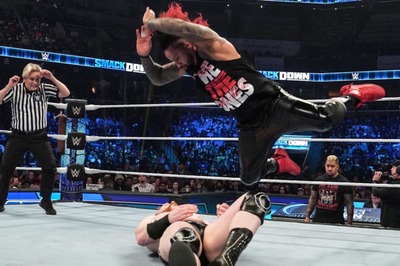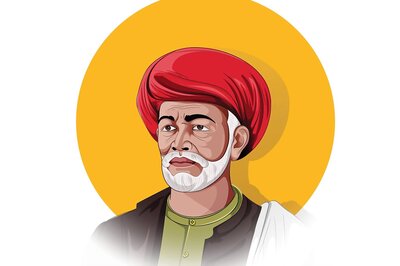
views
New Delhi: Life for scores of beggars at the city's traffic intersections is no longer as good as it used to be a year ago. Their daily collection is dwindling fast and they blame skyrocketing inflation for it.
Motorists, scooter riders, bikers and those in three-wheelers are no longer large-hearted enough to dole out currencies or coins in denominations of rupees two to 10.
"Six months back, I used to make Rs 70 to Rs 80 every day. Now things have changed. If I get Rs 50, I am happy. People are not so forthright in giving alms," says Santosh, whose begging area includes Connaught Place.
Has his daily income gone down because of inflation? He pauses for a while before coming out with an answer.
"Sab chij mehnga ho gaya hain. Ab to do rupey mein a patli roti milti hain. Koyee paisa nahi nikalna chahta hain (Now everything is costly. A thin roti costs Rs 2. Nobody wants to cough up money for us)," he said.
He is not sure of his age, but nods when told that he could be 18 to 20. Though not handicapped, his fragile body makes him fit for begging on the city's streets.
Shivram, 20, another beggar at Karkardooma traffic intersection in east Delhi, has an identical story to tell, and claims that beggary no longer guarantees sustainable livelihood.
"I just make some money to meet both ends meet. That's all," he said.
Though the government is against entertaining beggars, scores of people in different age groups dot the city's key traffic intersections and ask for alms when traffic lights turn red.
Ratan Lal runs a three-wheeler to earn his livelihood. After paying Rs.250 to the vehicle owner, he is left on an average with Rs.200 to Rs.250 per day.
Does his income make him smile? No, not at all, and he squarely blames soaring prices of essential commodities, and wishes that the government revise basic fare to keep them going.
"A year back, Rs.250 was not bad when a kilogram of flour used to cost Rs.7-8 against Rs.16 to Rs.18 now. There is an increase of almost 100 percent in prices of edible items, while earnings remain static," Lal, a resident of Kalyanpuri in east Delhi, said.
He said the rise in income of people like him has not kept pace with inflation-driven expenses. Hence it's a matter of concern for him.
Dharma Rao, a middle-rung government employee, has drastically cut his expenses on clothing, outings and accessories to balance his house budget.
"My income is fixed. I have rationalised expenses to generate extra Rs.1,500 to Rs.2,000 per month to meet essential requirements. Inflation has run havoc with my economy," he told IANS.
Rao does not buy the government's argument that the current bout of inflation was driven high prices of crude oil and hence not controllable.
"It is more a mismanagement of economy than anything else. Retailers are fleecing the customers. Goods are being sold at maximum retail prices. The government must look into this aspect," he said.
The finance ministry said in a statement Friday that high inflation, which touched 11.63 per cent for the week ended June 21, was being mainly driven by high crude oil prices.
Said Dilip Kumar, an economist with the city-based National Council of Applied Economic Research (NCAER): "The government should not have increased the price of diesel and should have reduced subsidy on petrol, a fuel meant for the rich."
"Increasing the crude oil price is a matter of concern, but the government could have shielded the poor against its adverse impact by initiating action against hoarders, and keeping diesel price untouched," Kumar told IANS.




















Comments
0 comment